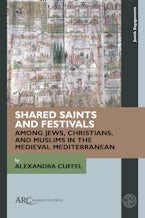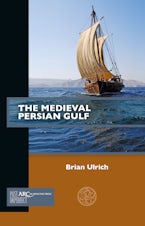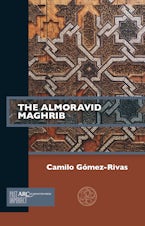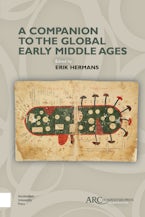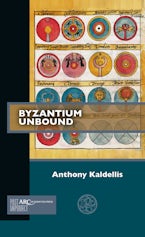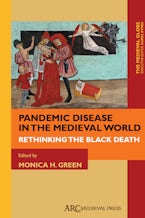Home
Featured series: Collection Development, Cultural Heritage, and Digital Humanities

We’ve just published Frederick Botana and Laura Cleaver’s new book The Economics of the Manuscript and Rare Book Trade, ca. 1890–1939 – a short book that explores the financial considerations of collecting and dealing in manuscripts and books, providing an invaluable guide to economics for book historians.
This is the latest addition to our Collection Development, Cultural Heritage and Digital Humanities series, which brings together a variety of topics concerned with the practicalities of engaging with the past in contemporary life. First, it includes the latest debates in museum studies, such as The Museum as Experience: Learning, Connection, and Shared Space, edited by Susan Shifrin, and Glenn Peers’ Animism, Materiality, and Museums: How Do Byzantine Things Feel? Second, it offers insights into novel aspects of popular culture, such as Noëlle Phillips’ Craft Beer Culture and Modern Medievalism: Brewing Dissent. Third, it is a home for up-to-the-minute work on digital humanities, such as our annually published Digital Medieval Studies, edited by Sean Gilsdorf and Laura K. Morreale, and the newly reissued paperback of Book Conservation and Digitization: The Challenges of Dialogue and Collaboration edited by Alberto Campagnolo.
Forthcoming titles include a second volume from Laura Cleaver’s CULTIVATE MSS project, The Pre-Modern Manuscript Trade and its Consequences, ca. 1890–1945, and a paperback reissue of Digital Spatial Infrastructures and Worldviews in Pre-Modern Societies, edited by Alexandra Petrulevich and Simon Skovgaard Boeck. All our books are available in hardback, with a digital eBook available through our partner, Glassboxx, or in some cases, open access, more information here. We also reissue as many books as possible in accessibly priced paperback versions, to suit the needs of the individual reader. Check out the full series list here, and get in touch with me if you have a book idea that fits the concept of this innovative series.
Anna Henderson, [email protected].
Bestsellers
From “Yellow Peril” to Black Lives Matter
Book Conservation and Digitization
The Challenges of Dialogue and Collaboration
Pandemic Disease in the Medieval World
Rethinking the Black Death




